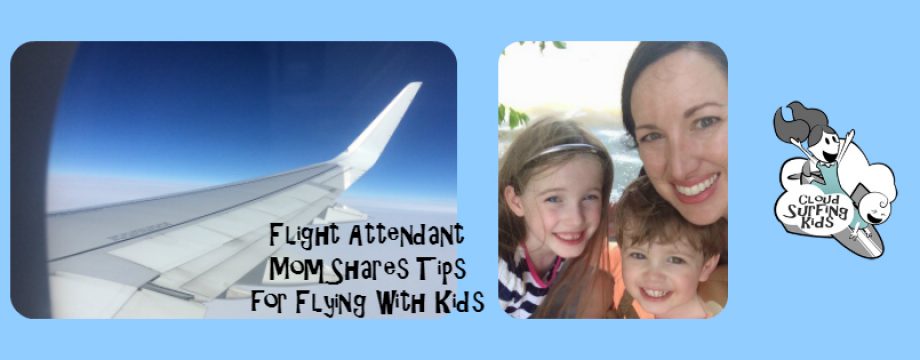1) NEVER push the Flight Attendant call button.
Tell your children it’s for emergencies only. If you want to let them play with the lights you have to be sure they learn the difference between the light and the call button. Since any chime COULD be an emergency, flight attendants snap to attention when they hear the chime. When it is repeatedly hit, it becomes like the boy who cried wolf and the flight attendants may ignore it in a truly important situation. If you feel your children are too young to learn the difference, then it’s up to you to keep them from pushing any of the buttons.
2) Always wear your seatbelt when you are in your seat.
It’s easy to become too relaxed and forget the importance of wearing your seatbelt in flight. In a car, you wear a seatbelt to protect you from crashes. In a plane, you wear your seatbelt primarily to protect you from turbulence. This is why you should wear it always. Most injuries on airplanes occur when seatbelts are not worn. Keep your children safe by teaching them early on to keep their seatbelts fastened. (Offer incentives for keeping the seatbelt on and praise your children often for their good behavior.)
3) Clean up after yourself.
It’s never to early to begin teaching kids to clean up after themselves. Always keep a plastic bag handy during the flight to pick up dropped Cheerios, Play-Doh, etc., and, when practical, involve your children in the clean-up. This will help them learn responsibility.
4) Be conscious of other passengers—No noisy toys or yelling.
Leave the noisy toys in checked bags or at home. They will only earn you scowls from other passengers. Even a young toddler can begin to learn the difference between an “inside” and “outside” voice. The younger the child, the more reminders you’ll need to give. And yes, children are sometimes loud and there’s nothing you can do about it. (On every flight after touch-down, Ella shouts, “HIT THE BRAKES” to the pilots.) But if you are reminding your child to keep a quiet voice, at least others will see you are making an attempt and are considering others.
(On that note, the sound “SHHH” is, in my opinion, often louder than a loud voice talking. Try to refrain from “shushing” and just quietly say, “Use your indoor voice,” or “Quiet, please.”
5) Give eye contact when people speak to you.
Any flight attendant will tell you that they consider passengers rude if they don’t respond when asked a question. Teach your kids early on to stop what they are doing and look at someone when they are spoken to. This is something we have been working on with Ella after her preschool teacher pointed out the need for it. I have been so proud of her when she is playing on the iPod but stops and looks right in the eyes of the person addressing her. If your child is quite young, they will not know how to do this on their own, but it is okay to walk them through it. Be patient. They will learn it if you expect it of them. I’ll say something like, “Ella, the flight attendant just asked you a question. Can you stop and look at her?” After a while it sinks in and becomes a [good] habit.





